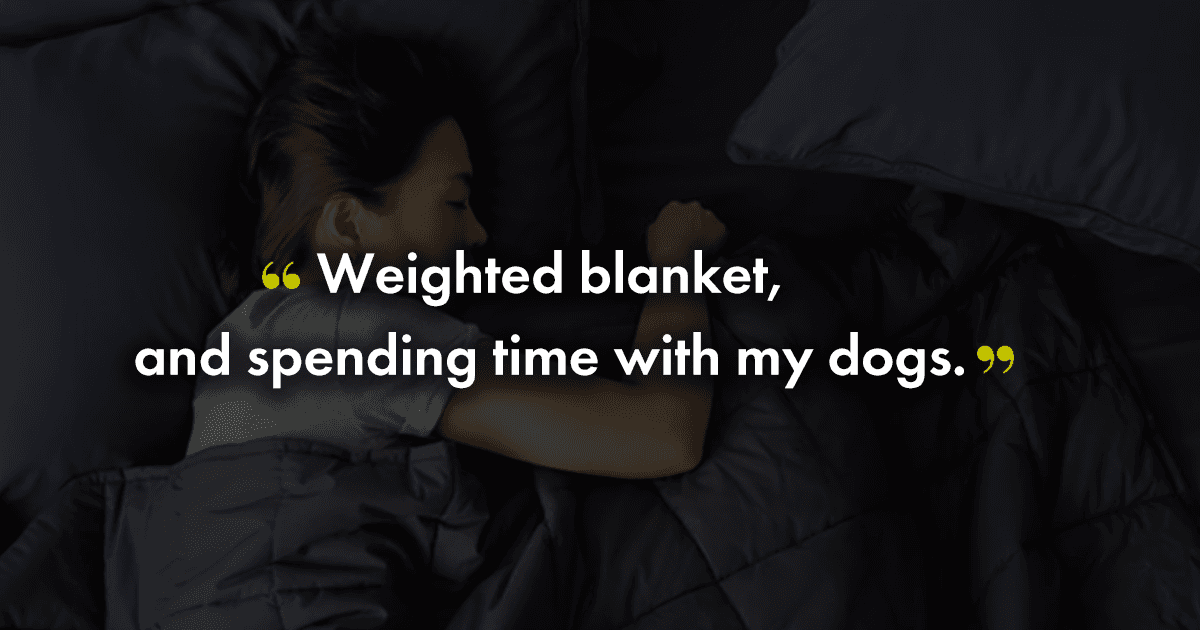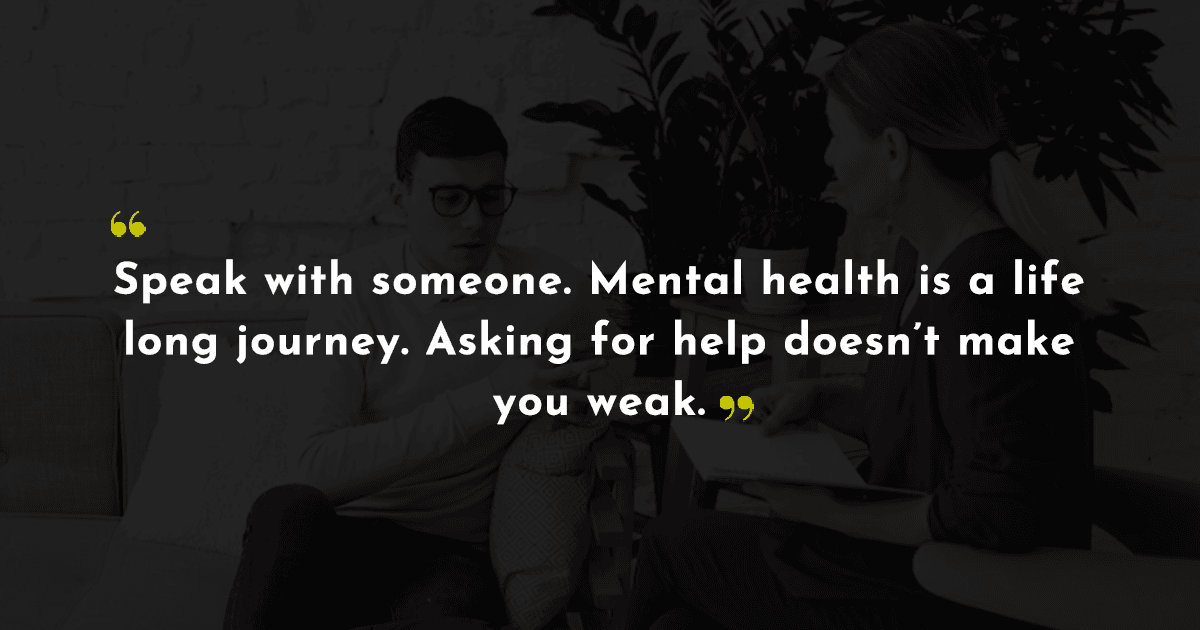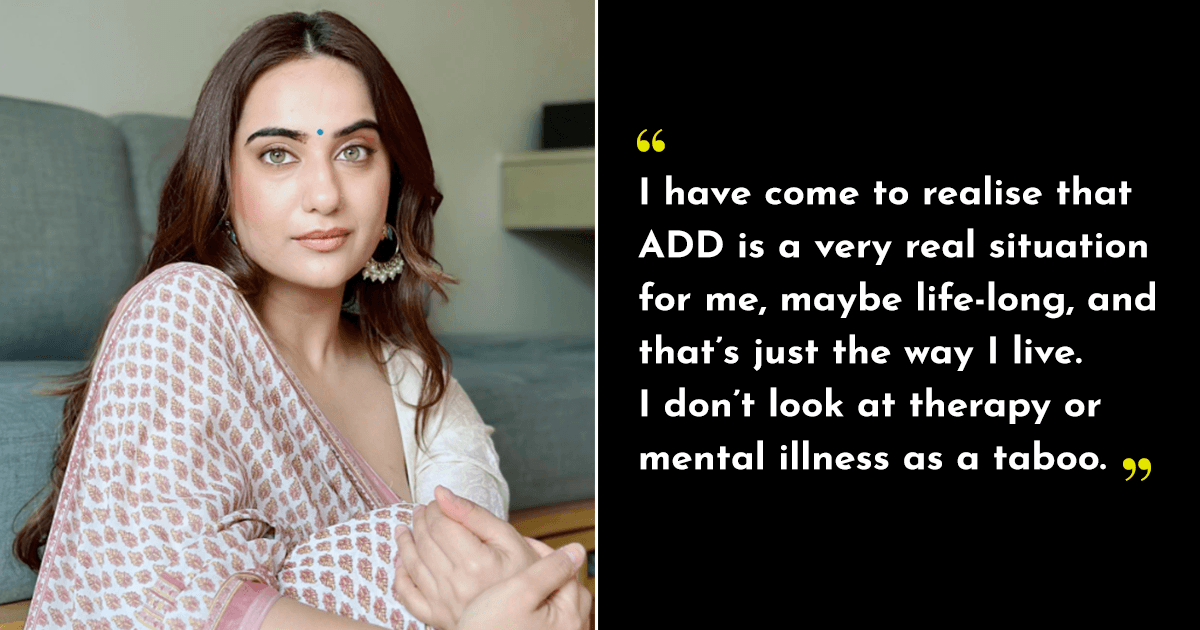All of us love our phones, the internet and being able to connect with the world. However, some may make the love a little obsessive and take it to the next level, which is unhealthy.
Nomophobia, or “NO MObile PHone PhoBIA” is a psychological group of symptoms in which a person experiences fear or anxiety about not having mobile phone connectivity.
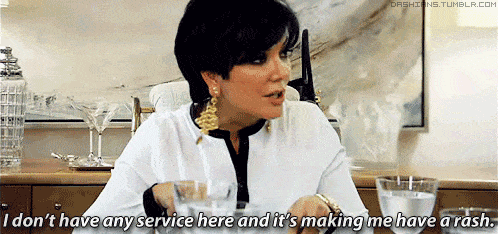
While some people may dislike the idea of going without their phone for prolonged periods, people suffering from nomophobia experience fear or anxiety. It is similar to other phobias, connected with other types of anxiety disorders like social phobia.

It can cause panic or anxiety for the person experiencing it. A 2019 article in the Journal of Family Medicine and Primary Care mentions that several potential psychological conditions, such as social anxiety or panic disorder, may appear in a person before nomophobia. However, researchers also noted that it is still unclear if the disorder comes from an existing anxiety disorder or from a cell phone addiction. The exact cause is not fully understood.
In a 2016 study, researchers proposed that nomophobia may be less of a specific phobia or anxiety and more of an addiction. They proposed changing the name and making a classification called “smartphone addiction disorder.” Currently, the DSMV does not recognize nomophobia even though researchers have argued for its inclusion.
Symptoms of nomophobia are similar to other phobias and anxiety disorders. They can include: breathing, trembling, sweating, agitation, disorientation and irregularly fast heartbeat.
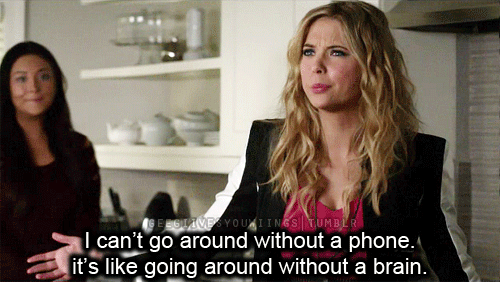
Authors of a 2016 article noted that it developed due to the instant communication and instant gratification that smartphones provide. This can develop the addictive and compulsive behavior. Others believe that an existing anxiety disorder or phobia may lead to nomophobia. In one 2020 article, researchers proposed that possible causes included: obsessive thoughts and compulsive behavior related to a smartphone interpersonal sensitivity, feelings of personal inferiority social discomfort and usage hours.

Since nomophobia is not an officially recognized disorder, no treatments currently exist. Instead, a doctor may recommend options to treating other phobias, like CBT, desensitization, exposure therapy, hypnotherapy, relaxation techniques and support groups. A healthcare professional may prescribe medications such as clonazepam and tranylcypromine to treat the anxiety. One 2021 study found that helping students improve their self-esteem provided effective therapy for nomophobia.
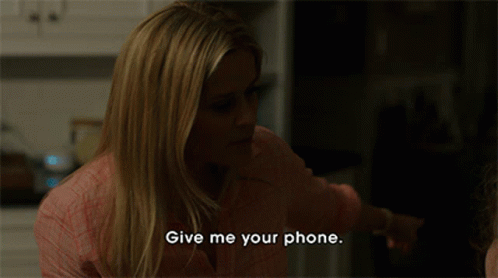
A person should consider talking with a doctor if they believe they may be experiencing symptoms of nomophobia. Parents or guardians should watch for symptoms of nomophobia and contact the child’s pediatrician if they notice signs. A doctor can provide a referral to a psychologist or other specialist to help diagnose and treat nomophobia.




